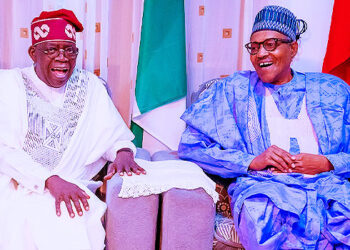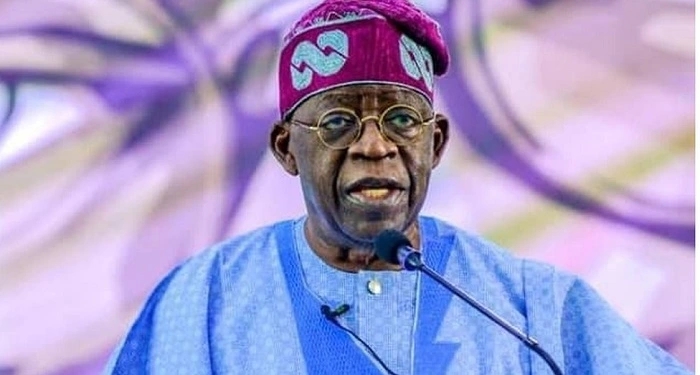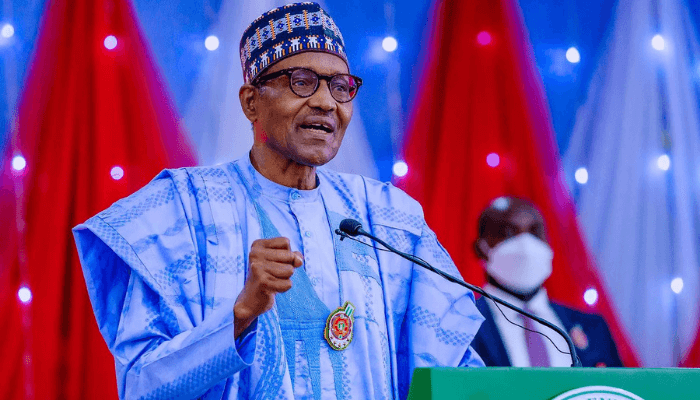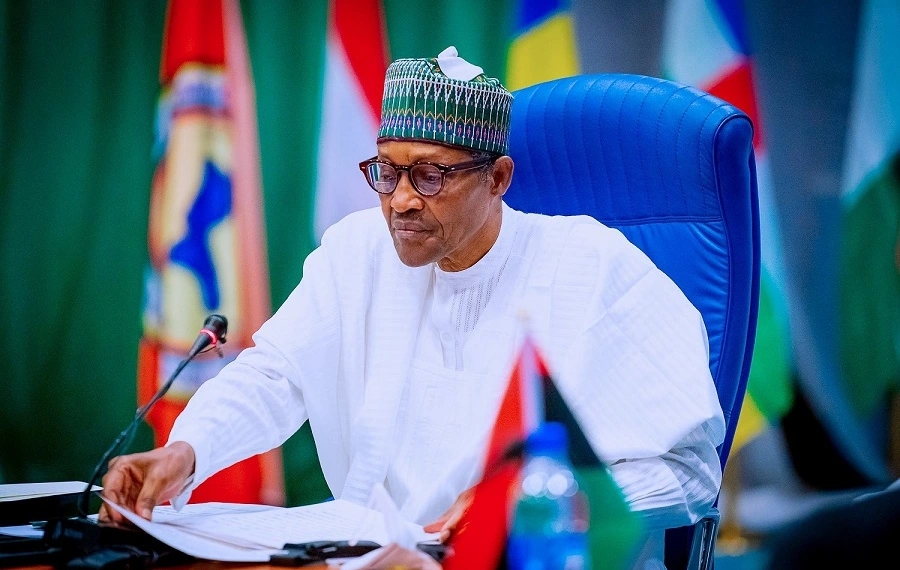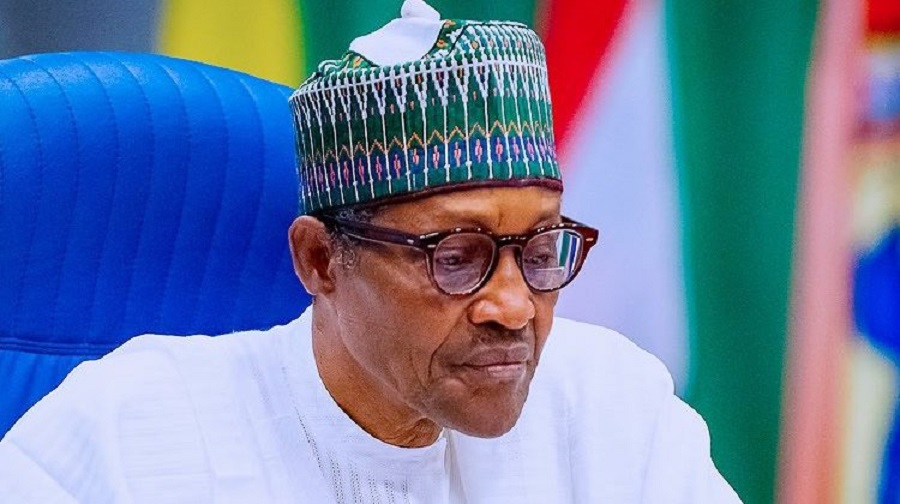The National Assembly Complex will receive a facelift as President Muhammadu Buhari has approved N37 billion for that purpose. The money is different from the N128 billion allocated for the National Assembly in 2020 Budget.
Senate President Ahmad Lawan defended the renovation fund, stating that the National Assembly building hasn’t been renovated for 20 years. According to him, when the 9th National Assembly resumed, it was discovered that some parts of the property had become dilapidated.
Why amount wasn’t included in NASS budget: The amount was included in the 2020 budget of the Federal Capital Development Administration. The reason, according to Lawan, is that the National Assembly building is a national asset that belongs to the FCDA.
Before the approval of the N37 billion, the leaders of the Senate and the House of Representatives met with President Buhari to inform him of their findings on the poor state of infrastructure in the National Assembly.

“We met the president and (it was) related the condition of the complex.
“The president responded and said he was going to renovate the complex. The phase one renovation will commence – the chambers and committee rooms in the white house.
“N37 billion was sourced and was given. It was put under the FCT, not national Assembly. All we required is to have the complex renovated.
“When we are through with phase 1, we will go to phase 2. It is not under the control of the National Assembly. The complex is a national asset and is for the FCDA to take care,” Lawan said.
[READ MORE: President Buhari may sign 2020 Budget tomorrow]
Renovation at the cost of economy: The lawmakers have often complained about malfunctioning microphones in the chamber, according to a Premium Times report. With the approval, they will now get their renovated National Assembly at the cost of the country which currently has debt and revenue problem.

The 2020 budget was increased from N10.33 trillion as proposed by the executive to N10.6 trillion by the National Assembly. The country’s revenue issue has compelled it to seek loan to fund the budget. Part of the method the Federal Government and the National Assembly are using to raise funds is taxing Nigerians to the extent of placing 9% tax on calls, text, data and pay-TV subscription.








